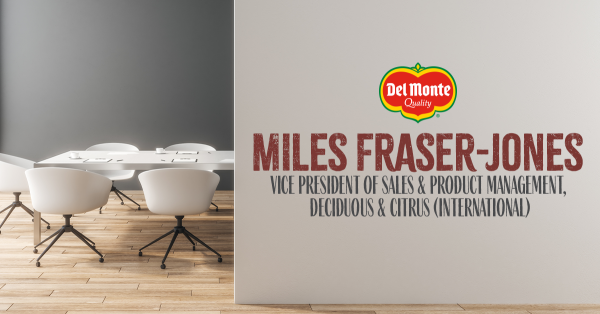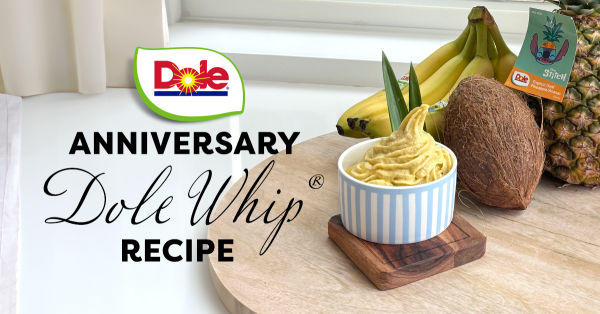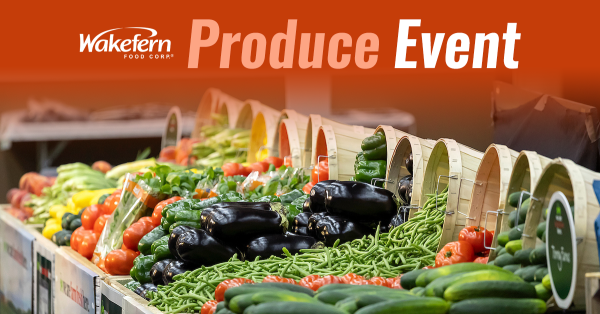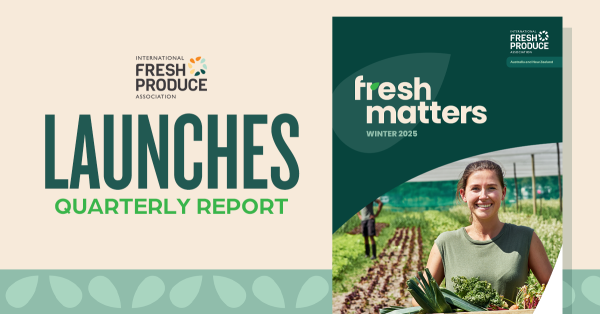
Rainer Fruit Company's Andy Tudor Discusses Varieties, a Data-Driven Approach, and Organic Offerings
SELAH, WA - The Southeast Produce Council’s second annual Southern Innovations Organics and Foodservice Expo is fast approaching, and Rainer Fruit Company is gearing up to showcase organic apples. With a selection of the categories' best sellers and “rising stars” and a business model expertly tailored to address the rapidly changing apple market, Rainier Fruit is making a persuasive case as one of the premier apple providers in the U.S.
I recently spoke with Andy Tudor, VP of Business Development, to learn more about the company’s insightful approach and find out what positions the company to be an ideal partner to retailers and foodservice companies looking to grow category sales and add only the most flavorful and shrewdly selected organic apple selections to their assortments.
Q: Can you give me some specific examples of the way in which Rainier is suited to help retail partners with organic apple merchandising and product assortment?
 Andy Tudor: Many retailers do not have time to evaluate all of the category data for every product in their department—specifically at a deep dive level. They are looking at the bottom line of what is performing and what isn’t.
Andy Tudor: Many retailers do not have time to evaluate all of the category data for every product in their department—specifically at a deep dive level. They are looking at the bottom line of what is performing and what isn’t.
Because we have nearly two decades of organic experience and more than 15 years of analyzed data across every market in the U.S., we can utilize predictive analytics to look at what’s working, what’s not and provide actionable solutions to drive sales. From new merchandising sets and assortment recommendations to key promotions and even couponing, we have more than tools—we have results driven case studies to help retailers implement programs that will work for them.
Q: Tell me a little about the ways in which Rainier uses category data and analysis to shape its organic apple program: How is does Rainier use these resources to provide unique sales opportunities to its retail partners?
AT: Data is critical to the apple industry because, unlike rotational field crops, we don’t have the luxury of 90 or 120 day windows to adapt to changing consumer behaviors or trends. It takes three years from the time we plant a tree until our first harvest and even more years before that tree reaches full production. We need to have a long-term view of sales and consumption patterns when we are making choices not only about new varieties but even about expanding traditional or current varieties.
We first used data years ago to understand changing consumer shifts toward organics. We then used a combination of consumer and sales data to project coming changes in consumption patterns, and we were one of the first to identify trends toward more premium apples that consumers were choosing and that were driving new dollars in category sales. We used this type of predictive analysis to show retailers what we called the power of “Rising Stars.” Some of the Rising Star varieties included Pink Lady®, Honeycrisp, and our proprietary Lady Alice® varieties.

Knowing the demographics of the organic consumer helped us understand they typically had more disposable income and they would spend more on premium products. It allowed us to shift new plantings into Rising Star varieties and look for new variety opportunities that have helped grow category sales for our retail partners not only with the right variety assortment, but also the right merchandising allocation and pricing across the entire year with no gaps or limited gaps capturing new dollars that had never before been available in the category. With multiple data analysists on staff, we review both Nielsen data, as well as proprietary retail data and predictive analytics to build customized assortments and merchandising solutions by retailer. Different areas of the country and even different areas within a designated marketing area (DMA) may require different solutions. It also allows us to come up with customized merchandising solutions if necessary to accommodate the footprint of a store.
Q: Is Rainier seeing any particularly strong trends in the organic apple industry right now? What factors are currently pushing sales and setting specific varieties apart from the pack?
AT: Apples are a high frequency purchase among all demographics, but women are still the largest audience of shoppers most likely to purchase apples. Further segmented, we see women age 35-49 with a household income of over $100k+/year to be the strongest customer which aligns with the older millennials and younger generation X. These are consumers who most likely have families and have a higher focus on healthy eating. This is good news, especially since millennials are the largest generation since the Baby Boomers, and Generation X spends the most per month on food. It’s a highly lucrative demographic that every food marketer is chasing—and one that is championing healthy eating, looking for brands they can trust, and sharing new apple varieties with their children, not to mention sharing them on social media with their friends.

These consumers are gravitating to new varieties and new tastes. They aren’t abandoning tried and true…but this is a generation that grew up on red delicious and then met Honeycrisp. They tasted what was new, and they liked it. This consumer is leading the charge for new apple varieties and is willing to pay more for them, so expect to see more new apple varieties led by strong consumer marketing campaigns. In fact—we might just have something new to talk about very soon.
Q: What does Rainier's current selection of organic apples look like in the way of seasonality? How is the company making strides to ensure consistent, year-round supply of the apple varieties that consumers crave?
AT: Volume rank by variety is this: First is Gala; second is Honeycrisp; third is Fuji. Then comes Granny followed by varieties like our proprietary Lady Alice. We no longer offer varieties such as reds, golds and jongolds. Consumers do not support them organically. Because of our extensive work with predictive analytics we understand that shelf space is better allocated to proprietary organics such as Lady Alice, Jazz™, and Envy™.
To learn more about Rainier Fruit and its offerings in the organics and foodservice spaces, visit booth #414 at the Southern Innovations Organics and Foodservice Expo, September 6-8, 2018 at the Gaylord Opryland Resort & Convention Center in Nashville, Tennessee.
For more fresh insights into organics, the apple category, and all things fresh produce, keep reading AndNowUKnow.





















